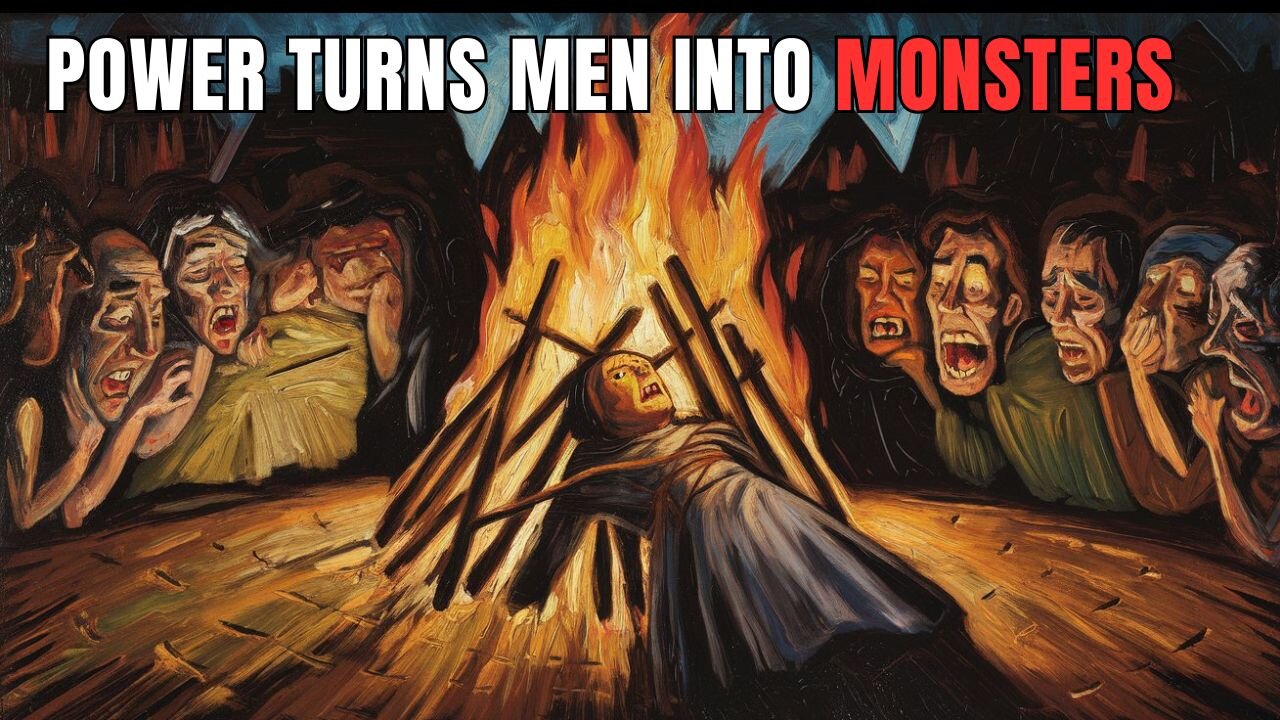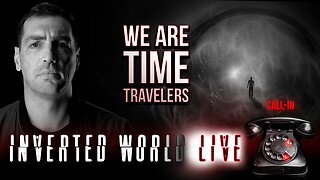Premium Only Content

What Happens When Ordinary People Get Too Much Power?
Power has a profound impact on human behavior, often transforming ordinary people in unexpected ways. This 11-minute, 50-second video explores how power rewires brains, warps decision-making, and turns neighbors into oppressors, backed by neuroscience and real-world examples. From the Stanford prison experiment, where students became cruel “guards” in days, to the French Revolution’s Reign of Terror led by figures like Robespierre, history shows power’s corrupting force. In the digital age, social media influencers and tech giants wield unchecked influence, echoing patterns of cancel culture and surveillance capitalism. What’s the antidote? Checks and balances—like James Madison’s democratic guardrails—and personal humility can keep power in line. The video also dives into philosophical takes from Plato, Machiavelli, Hobbes, and Locke, offering a deep look at power’s role in society. Ever noticed a coworker change after a promotion or a friend turn bossy? Share your stories below and join the discussion on managing power responsibly. Understanding these dynamics is key to personal growth and societal progress—because power’s dangers lurk in us all. Disclaimer: All narration is original, based on extensive research from public domain sources. Viewers are encouraged to verify the accuracy of the information themselves for the latest data.
#Power #Psychology #SocialBehavior #Leadership #Influence #History #DigitalAge #SocialMedia #CancelCulture #Humility #Empathy
-
 22:42
22:42
Liberty Hangout
8 hours agoCollege Democrats Say Gangs Are GOOD!
47.3K60 -
 2:14:50
2:14:50
Badlands Media
13 hours agoBadlands Media Fantasy Football Live Draft
40.2K -
 2:12:29
2:12:29
Inverted World Live
7 hours agoWe Are Time Travelers | Ep. 100
79.8K13 -
 2:57:09
2:57:09
TimcastIRL
7 hours agoCorporate Press Refuses To Mention Minneapolis Shooter Was Trans | Timcast IRL
187K101 -
 5:26:57
5:26:57
Akademiks
6 hours agoWar in RAT-LANTA. Young Thug vs Gunna vs Ralo vs YSL MONDO. Who Will Le Bebe Pick. FINAL CRASHOUT!
54.5K4 -
 1:02:24
1:02:24
Man in America
10 hours agoThe Final Battle: Nanotech, Transhumanism & the War for Your Soul w/ Dr. Ed Group
44.8K6 -
 39:56
39:56
Sarah Westall
5 hours agoUpcoming World Wide Economic Collapse/Deep Recession & What the Big Money is Doing w/ Ed Dowd
41.2K5 -
 2:52:55
2:52:55
Barry Cunningham
6 hours agoIT'S MOVIE NIGHT WITH BARRY!
48.7K29 -
 31:05
31:05
The Why Files
2 days agoPeru's Most Terrifying Mystery | The Face Peelers
54K41 -
 1:32
1:32
Gaming on Rumble
14 hours agoWhat is the Rumble Creator Program?!?! | Lvl UP
41.5K4